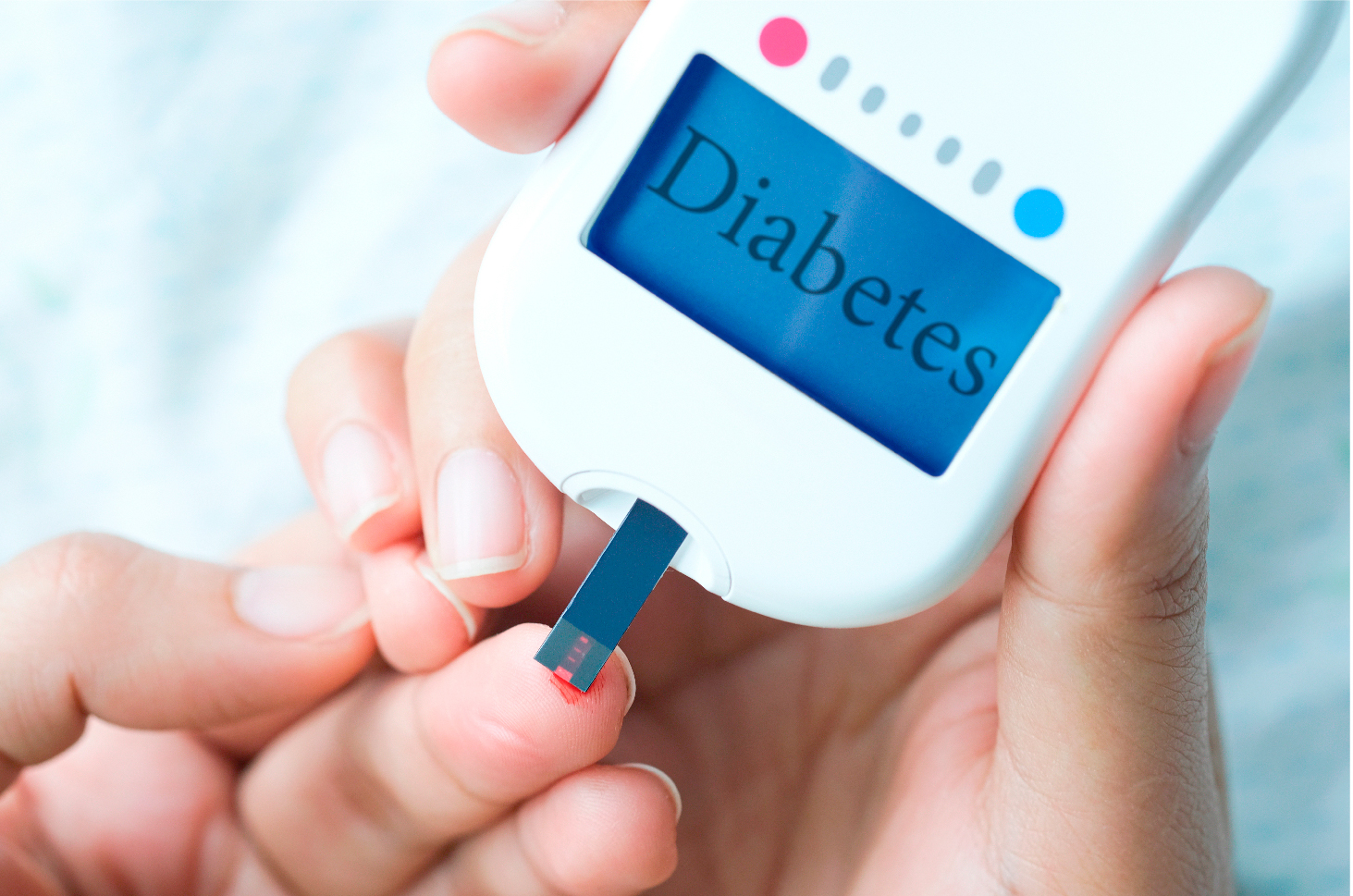Diabetes remains a formidable health challenge worldwide, affecting millions with its complex demands on daily living and long-term health. Effective management of diabetes now combines traditional approaches with cutting-edge technology, offering patients not only improved quality of life but also enhanced control over their condition. This article delves into contemporary strategies for managing diabetes through lifestyle adjustments, medication regimes, and the latest technological innovations in treatment.
Tailoring Your Diet for Diabetes Control
Nutritional management is fundamental in controlling blood glucose levels and minimizing the risk of diabetes-related complications. A balanced diet rich in fiber, lean proteins, and healthy fats can significantly impact glucose management. The American Diabetes Association recommends focusing on whole foods, minimizing processed sugars, and understanding how different foods affect blood sugar levels. Websites like Diabetes.org provide comprehensive guides on nutrition planning and meal ideas that are tailored to help those with diabetes manage their dietary needs effectively.
Enhancing Lifestyle with Targeted Exercise
Exercise is another cornerstone of effective diabetes management. Regular physical activity helps improve blood glucose control, reduce cardiovascular risk factors, and boost overall well-being. The key is consistency and monitoring. Activities should be a mix of aerobics, such as walking or swimming, and resistance training, which can be tailored to individual abilities and preferences. Tools like MyFitnessPal help track activity levels and set realistic exercise goals based on personal health data.
Medication Management: Adhering to Prescribed Regimens
Advancements in diabetic medication have transformed treatment options, offering better control over glucose levels with fewer side effects. From Metformin to newer classes of drugs like SGLT2 inhibitors and GLP-1 receptor agonists, the options are varied and must be prescribed based on individual patient profiles. Moreover, adherence to medication is crucial and can be supported by apps like Medisafe, which provide reminders and track medication schedules.
Technological Innovations in Diabetes Care
Technology plays a pivotal role in modern diabetes management. Innovations such as continuous glucose monitoring (CGM) systems and advanced insulin delivery devices like insulin pumps have made it easier for patients to manage their condition with greater accuracy and less intrusion into daily life. These devices provide real-time feedback on blood glucose levels, allowing for immediate adjustments in treatment. Websites like Dexcom and Insulet offer detailed product information and user guides on how these devices can integrate into various lifestyles.
With the evolving landscape of diabetes management, it is crucial for individuals and their caregivers to stay abreast of the latest developments and incorporate them into daily routines for optimal outcomes.
The Role of Education and Support in Diabetes Management
Education plays a vital role in managing diabetes effectively. Understanding the disease, its risks, and how to manage it can significantly reduce complications and enhance the patient’s quality of life. Many organizations and health services offer diabetes education programs that teach patients how to monitor their blood sugar, adhere to a healthy diet, maintain an exercise regimen, and properly use medications and technologies. Websites such as the CDC’s Diabetes Prevention Program provide valuable resources and support groups that help individuals understand their condition better and share experiences with others facing similar challenges.
Personalized Diabetes Care Approaches
Personalization of diabetes care is becoming increasingly important. With the vast array of treatment options available, healthcare providers can tailor treatments based on individual patient needs, lifestyle factors, and specific health conditions. This customization not only enhances efficacy but also improves patient adherence to treatment protocols. Technologies such as telemedicine also play a crucial role in personalized care, allowing for regular follow-ups and adjustments without the need for frequent clinic visits. For insights into personalized diabetes care, platforms like Everyday Health offer expert articles and patient stories on how tailored approaches are being implemented.
Future Prospects in Diabetes Management
Looking towards the future, the prospects for diabetes management continue to be promising. Ongoing research is not only focused on improving the efficacy of existing treatments but also on finding a cure. Stem cell research, for instance, holds potential for regenerating or repairing insulin-producing beta cells damaged by diabetes, which could eventually lead to a sustainable solution. Meanwhile, advances in artificial intelligence are expected to enhance predictive care models, making it possible to anticipate and prevent episodes of hyperglycemia and hypoglycemia before they occur.
Conclusion: Embracing a Comprehensive Management Approach
Managing diabetes effectively in the modern era requires a holistic approach that integrates diet, exercise, medication adherence, and the latest technological advances. By staying informed through reliable sources and utilizing available tools, individuals with diabetes can lead healthier, more active lives. The journey of managing diabetes is personal and ongoing, but with the right strategies and support, it is entirely possible to maintain control over the disease and prevent its many potential complications.
For more information on managing diabetes, resources can be found on websites such as WebMD and Healthline, which offer up-to-date research, tips, and community support for those navigating life with diabetes.

